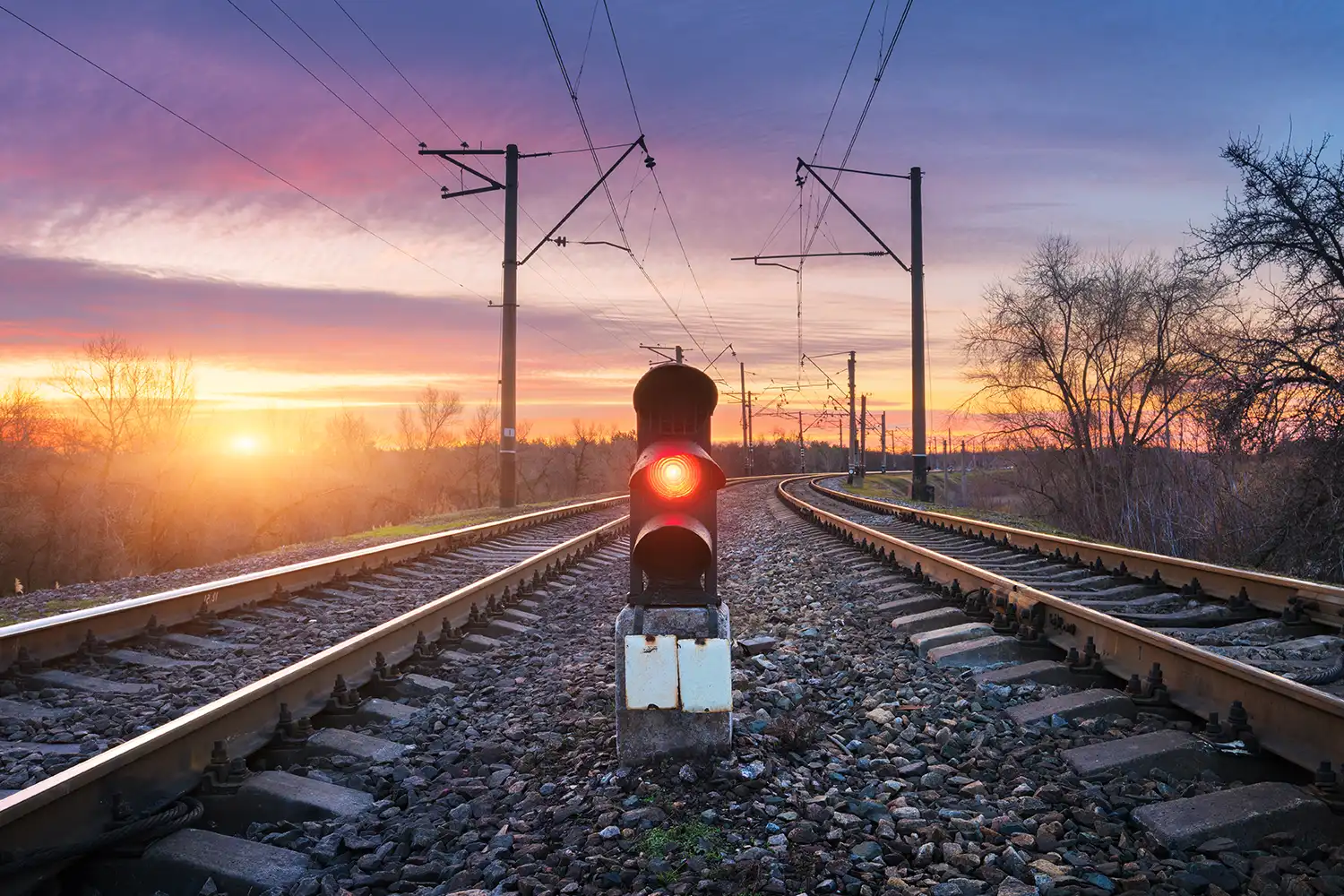The long-awaited train service between Katra and Baramulla will finally become operational on January 20 as stringent security arrangements will be put in place by the authorities along the railway track. It will evoke a sense of security measurements as sensitive strategic areas from Reasi to Baramulla would be sealed while allowing passengers to keep flowing towards their destination. This section of the track, world’s tallest railway bridge-Chenab Bridge, and several strategically important tunnels require an eye for safety.
Predeployment involving Indian Army, Central Reserve Police Force (CRPF), Railway Protection Force (RPF), Government Railway Police (GRP), Jammu and Kashmir Police, and local security agencies have been on the job preparing and implementing robust security measures both for people and infrastructure.
Multi-layered security for a seamless launch
The authorities have finalised a multi-layered security system for the Katra to Baramulla train service. A senior official revealed that security measures would be fully operational before the scheduled launch date of 20 January. The plan includes a combination of personnel from various agencies to ensure the safety of trains, passengers, and railway assets along the route.
One of the most significant transport projects in Jammu and Kashmir is the Katra to Baramulla railway line. This service will reduce the time taken to reach the popular pilgrimage and tourist destinations of the region to a large extent. In this respect, the security system will hold prime importance in the success of the project, not only for safeguarding passengers but also the high-profile infrastructure in the region.
Role of Different Security Forces
Different security forces have been entrusted with certain tasks for safe movement on the entire stretch of railway tracks. Railway station and train security would be the core job of RPF. Passenger’s hassle-free entry and exit on the train without any adverse incidents will be looked after, preventing any sort of criminal activity in the train and ensuring safety on the platforms.
Apart from the RPF, the Jammu and Kashmir Police and the SOG will be the most critical people on trackside law and order. They would carry out area domination and sanitization operations so that the railway structure is threat-free: patrolling near the railway line, monitoring in the tunnels and vigilance over the bridges; particularly at areas which are soft targets.
In addition to the Indian Army, the CRPF will be deployed to provide security in the region. Since several strategic points lie on the way, including the Chenab Bridge and tunnels, the Indian Army’s presence in the region is an indispensable precaution. The army will station personnel near critical infrastructure to prevent sabotage or any hostile activity that may jeopardize the safety of the train service.
Chenab Bridge Under Heavy Surveillance:
The Chenab Bridge of the Katra to Baramulla railway corridor is an important landmark in the Reasi district. Chenab Bridge, standing at about 359 meters or 1,178 feet, is the tallest railway bridge around the world, and is thus the epitome of engineering feats with the grand expansion plans of the Indian Railways. Thus, it is the most vulnerable part to possible attacks due to its height and strategic location.
To ensure this infrastructure, the Défense forces have left a complete army company for perpetual vigilance here. Chenab Bridge will constantly be watched by them, along with every type of activity and action going in the surroundings without any mishappening. And this step indicates that the authorities have considered train service very valuable and want complete safety of such an important crossing.
This close security system forms part of an overall plan intended to protect the critical infrastructure of the railway line, such as tunnels, bridges, and other major structures along the track. The track itself cuts through some of the most demanding and sensitive regions, and as such, security will be observable and proactive around the clock.
Security Operations Daily Along the Track
An elderly officer told that aggressive daily security operations will be conducted for making the railway system secure. The main activities involved will be patrols of the railway system most by units of Jammu and Kashmir Police, RPF, and CRPF by sanitizing of trains before this leave. Sanitization includes checking the train for any object, material, or substance found suspicious that will cause danger.
Passenger frisking would be done at each railway station so that no restricted items are carried inside the coach. Besides, there would be GRP personals at proper points of railway stations who would observe the passengers coming there and would stop any breach of security from taking place.
The special operations group will complement the counter-insurgency activities, with a probability of sabotage or attacks in some areas. The SOG will ensure that all threats are cleared on the route as they move from one place to another, making it safe and an efficient train service.
Inspections and Final Preparations
The Commissioner of Railway Safety will conduct a final statutory inspection of the track before the scheduled inauguration. The dates for the conduct of statutory inspections are between 7 and 8 January. In these, the safety aspect of the track would be rated along with how operable the trains are and readied to run the passenger traffic.
If the inspections do well and finally give the much-needed green nod to the railway track, Prime Minister Narendra Modi could flag off his first train to Kashmir. Declaring the exact date of launching will depend after the completion of the inspections coupled with the performing of the much-needed official formality.
Currently, the train services operate till Katra, which is the base camp for pilgrims visiting the shrine of Shri Mata Vaishno Devi Ji. The extension till Baramulla will be a great boost to tourism and transportation in the region as it will connect Jammu with Kashmir in an efficient and convenient manner.
Economic and Social Implications
Launching the train service from Katra to Baramulla would be very much meaningful for both the economy and social sphere of Jammu and Kashmir. This new railway would open doors for easy and quicker connectivity of the residents with other areas in the state, and this could be facilitated further through greater religious tourists flowing into the place from various states in the country as well as foreign nations; an important share to the local economy.
Apart from tourism, the service of trains would generate trade and economic activities, as transportation between Jammu and Kashmir and the remaining India will soon be made relatively easy by carrying goods and services between these regions. This is one additional advantage: increased connectivity within this region is believed to lead to higher development with easier accessibility towards basic resources, education, and employment.
Conclusion
The safety of railway infrastructure and passengers is being taken very seriously by the authorities as the Katra to Baramulla train service draws near its launch. The multi-layered security approach, coordinated among various agencies, will reduce the risk involved and ensure smooth operation of the service.
This project in the rail category from Katra to Baramulla is the symbol of Jammu and Kashmir’s development as well as development. Launching this service is not just an improvement in the mode of transport alone but it shall be one great milestone for Jammu and Kashmir in its history of transport infrastructure.







